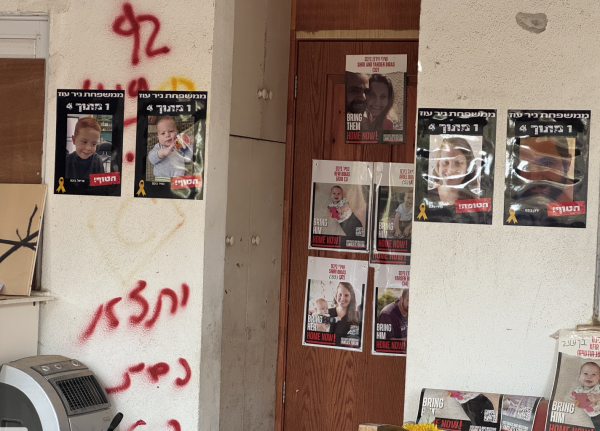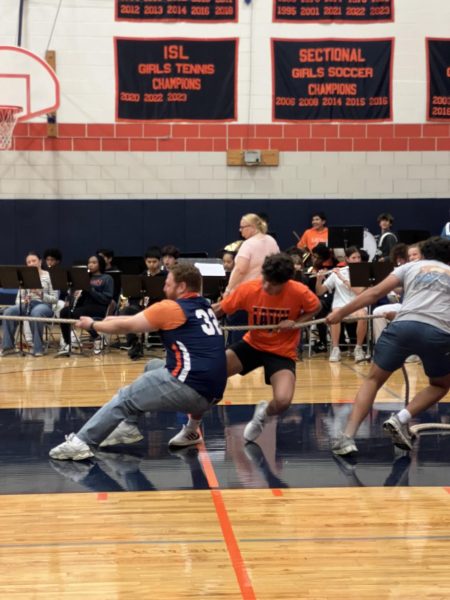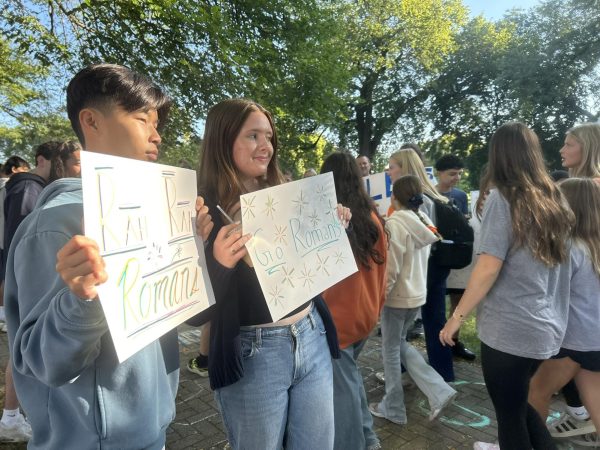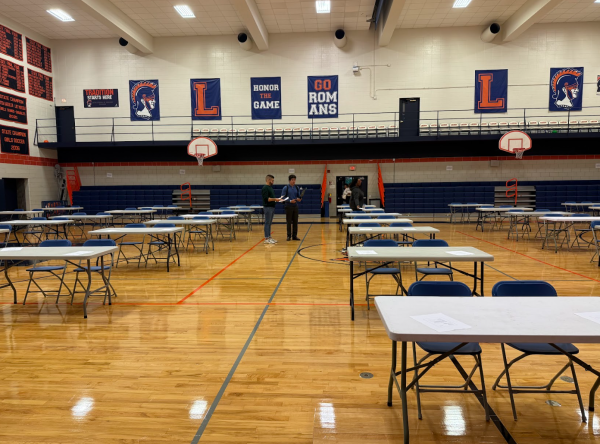Latin’s Problematic Vacation Culture

March 13, 2020
With spring break upon us, students would ordinarily be waiting to take off for global destinations. This year is certainly an exception given widespread coronavirus anxiety, and consequently families are much less inclined to travel, let alone do so internationally. Nevertheless, school vacations typically mean that Latin prepares itself for another round of absences all in the name of travel. For years, the school has been known for its excursion-inclined community, though few care to address it. Vacationing, while not a foreign subject to many within this specific bubble, is a privilege that is not to be overlooked as anything less.
As if the countless three day weekends, mid-week off days and two-week breaks aren’t enough, early departure is commonplace among Latin’s vacationers. Students have been known to leave for trips days early of break, cutting into school time and forcing them to make up varying amounts of missed work. “Personally, I would much rather stay home for shorter breaks than miss lots of days of school for a vacation that won’t even end up lasting long,” sophomore Remy Rigby shares. “I find that even when I miss one day I have to catch up on hours of work, and that just isn’t worth it to me.” Considering that most scheduled time off of school falls near the end of each quarter, missing even a day can impact a student’s progress at a crucial time in the year.
Notwithstanding the academic consequences that result from traveling for leisure, many neglect to recognize the aura of privilege that surrounds the entire idea of ‘vacationing’. Such culture at Latin is undeniable, and often hearing the words winter break, spring break, summer break, and even President’s weekend can cause assumptions regarding students’ travel plans to surface. Relative to the rest of the city, this norm is certainly atypical and, most of all it is reflective of the community’s fortune. Even Project Week, which many call a ‘frill’, can contribute to said vacation culture. Sophomore Nina Burik says, “although during P-week we are participating in experiential learning outside of school, in my opinion it would not exist if not for the vacation culture at Latin.” The notion that, on top of school-mandated trips, taking holidays whenever one pleases is something that has become somewhat universal, especially as the pool of exotic destinations expands. Junior George Alexandrakis adds, “It is definitely an amazing thing that we have an opportunity to go on trips, but for students who don’t share in this norm I could understand how attending a school where vacationing is so expected would be difficult.”
Relatively speaking, the population for which such vacations are the norm is quite small. “It is important that we remember that this is how life is for some, but not how life is everywhere,” Burik notes. The bubble that is placed around Latin has had a way of influencing opinions about what it means to attend there, which can lead to assumptions being made regarding what is standard in the community. “I often think of Latin as one big stereotype— that we’re the ‘rich kid school’ and that we jump at any opportunity to travel to places where we could never go without money or opportunities,” Rigby states. Though this is an impression that many dislike addressing for the sake of comfort, it is also one that can and should spark conversations that go far beyond just vacations. If the face of Latin is only composed of those with the most ‘high-quality’ opportunities, it would never feature every unique individual, and it is up to the community to confront this stigma. With more discussions can come progress, and with progress the discomfort that many feel when comparing travel plans, or a lack thereof, can perhaps be alleviated.





















































